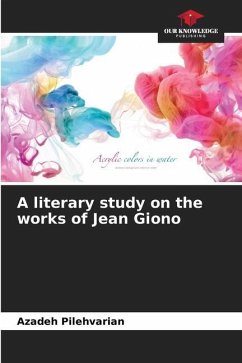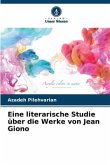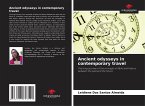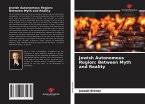One of the interests of ancient myths lies in their literary evolution. Since antiquity, the passage of the myth into literature and its relation to the new demands of a society in moral, social or political fields have resulted in the change of the ancient stories of mythology. Many French and Iranian playwrights, writers and poets of the twentieth century have modified the characteristics of myths in their works for various purposes. Among them, we can mention Jean Giono and Moniru Ravâni Pur. Studying Rav ni Pur's Pan Trilogy and Ahl-e qarq1 in order to verify the reason for these metamorphoses, we came to this result that the characters of the myths such as the god Pan and the mermaids are described as fierce, wicked, and destructive creatures only to express symbolically a social truth. Embodying either the atrocities of the First World War or the violence of the Iran-Iraq War, these myths also show us the worldview of these two writers.
Bitte wählen Sie Ihr Anliegen aus.
Rechnungen
Retourenschein anfordern
Bestellstatus
Storno








